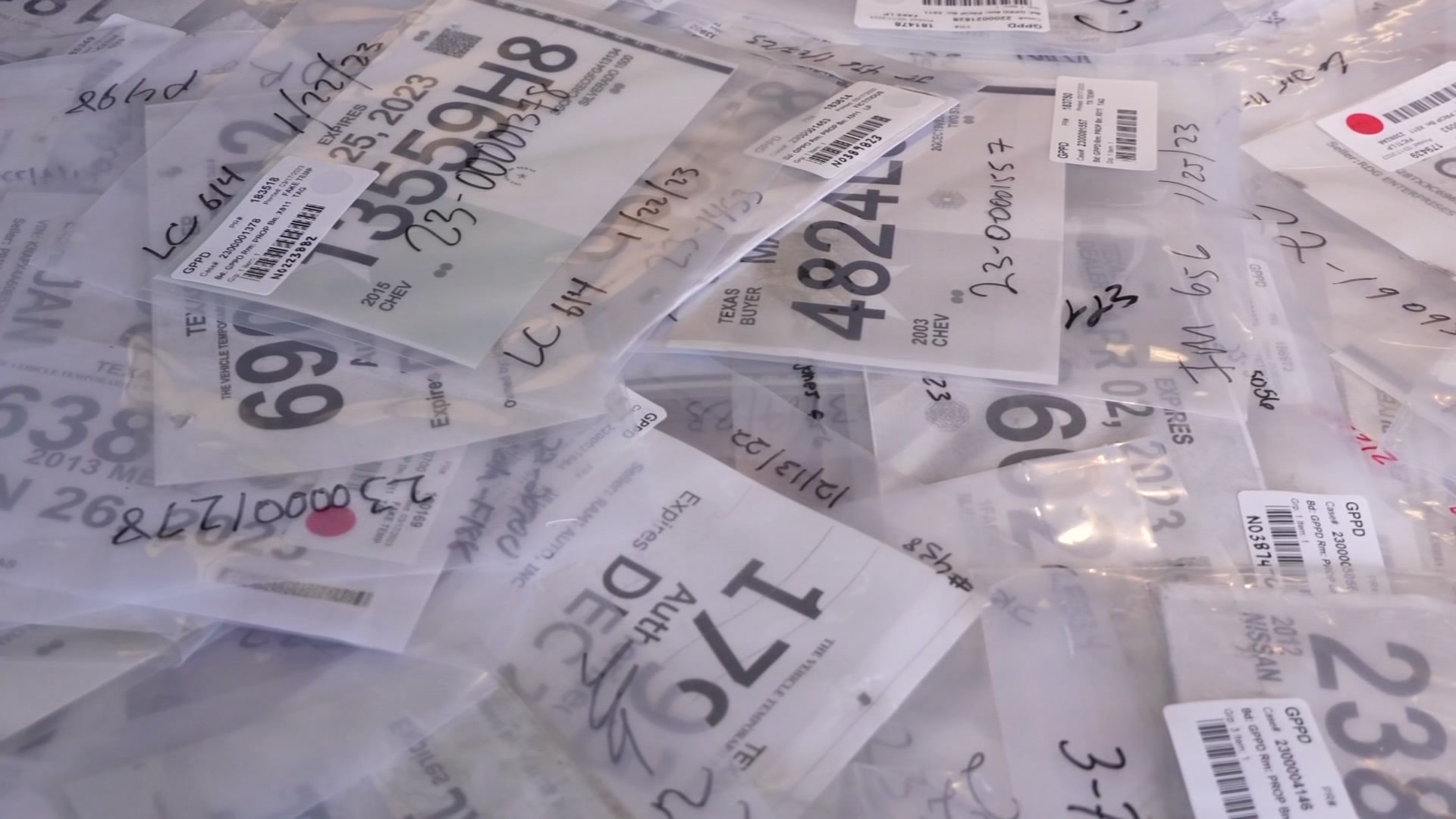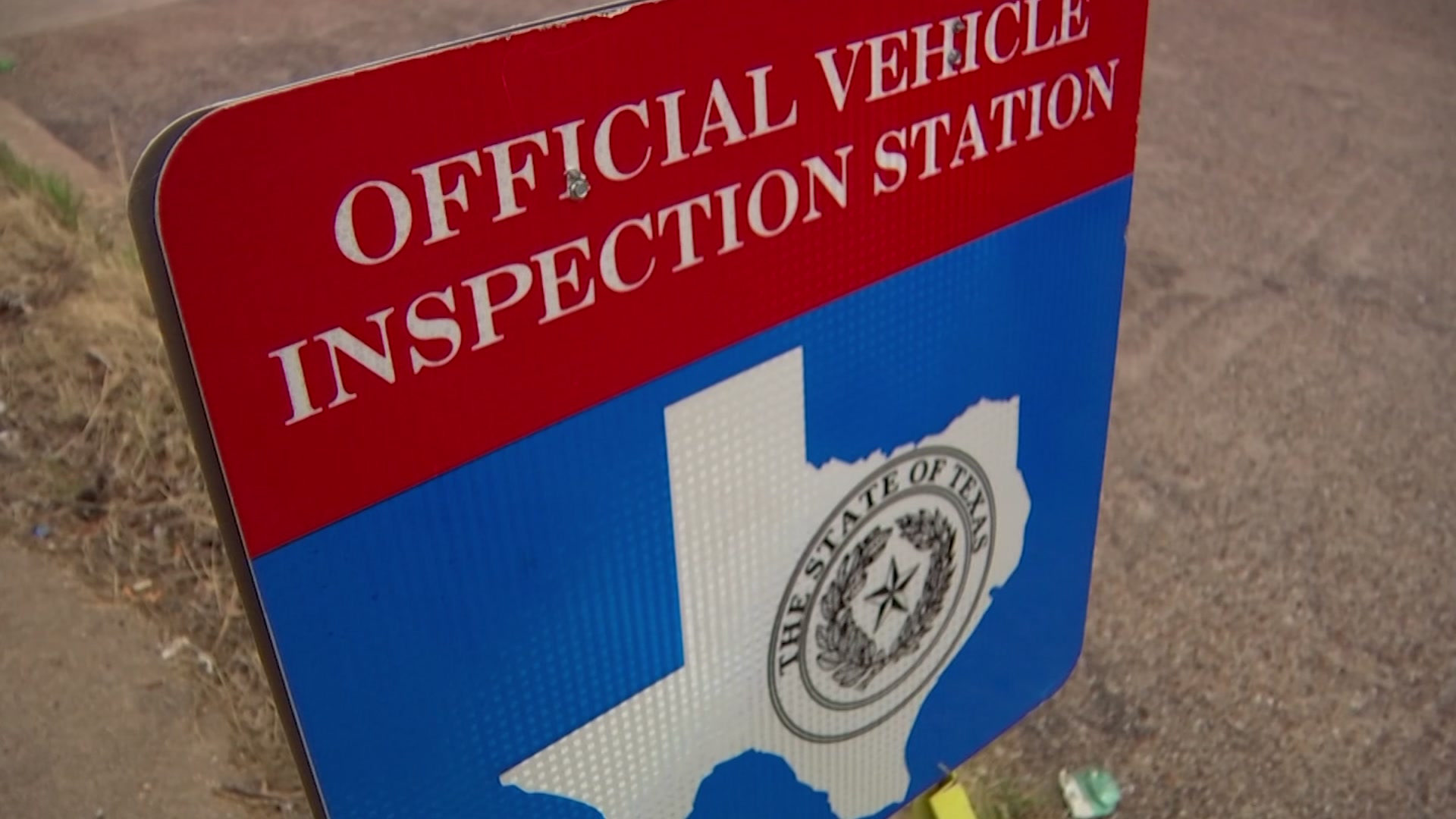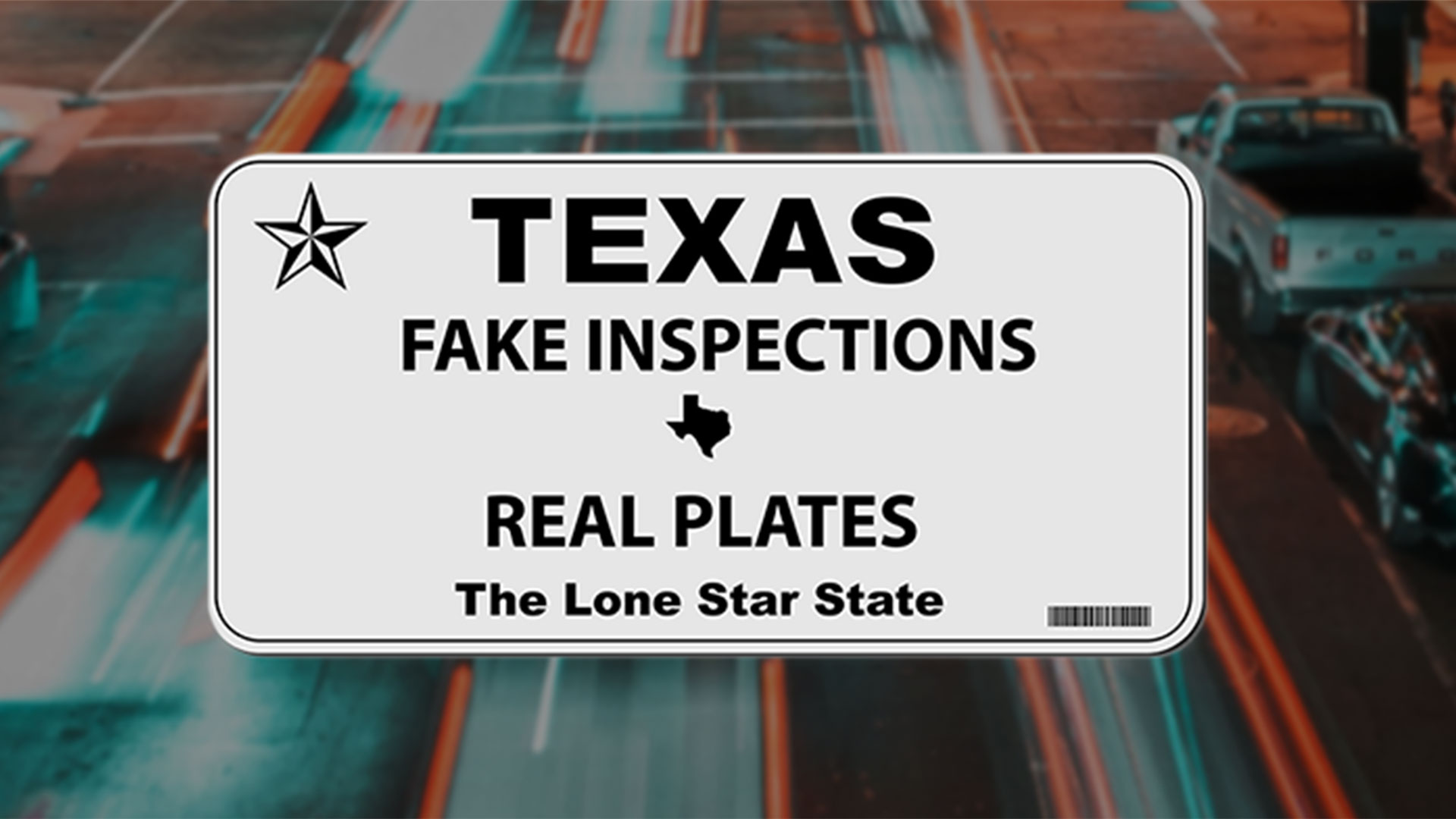After exposing the massive number of cars investigators suspect are on Texas roads without a valid safety and emissions inspection, NBC 5 Investigates is now looking into how some of those cars may have been involved in deadly crashes.
Our team has obtained a list of dozens of fatal crashes in the DFW area where investigators said they suspect the car had been fraudulently inspected and should have never been on the road but somehow passed a safety check on paper and was given real Texas license plates.
A group of investigators in Travis County suspect thousands of fraudulent state inspections are occurring every day and the state's computer system isn't programmed to automatically flag the fraud and stop the vehicle's owner from getting license plates.
"It's not fair that I lost my two kids and they didn't do anything wrong. They don't deserve that," said Eloisa Morales, whose teenage son and daughter, Andres and Crystal Pineda, were killed when they were hit head-on by the driver of a pickup truck last year.
Get top local stories in DFW delivered to you every morning. >Sign up for NBC DFW's News Headlines newsletter.

Andres and Crystal were on their way to eat with friends when they were fatally struck. The driver of the truck fled after the crash and has not been caught even though police released a photo of the suspected driver.
Morales told NBC 5 Investigates she arrived at the scene of the crash as first responders were putting her daughter into an ambulance.
"I was like, 'Is she going to be OK?' And he was like, 'We're doing what we can,'" Morales recalled, still in disbelief her two children who made her laugh and smile are gone. "It's not getting easier. It's harder."
FAKE INSPECTIONS REAL PLATES
Law enforcement officials with a special vehicle fraud unit in Austin told NBC 5 Investigates they believe the truck that caused the crash did not have a valid state inspection. They said their own review of the state's emissions inspection database found red flags suggesting a fraudulent inspection occurred.
Sgt. Jose Escribano told NBC 5 Investigates that he believes the car had been "clean scanned" -- a process where someone has paid a state-licensed inspection station to manipulate an emissions test so that it guarantees a passing result and then skips the state-required companion inspection of the car's brakes, tires and other safety equipment.
Escribano's team of investigators spent months analyzing data in the state's inspection system. They said their search identified 85 fatal crashes in the Dallas-Fort Worth area in the last two years where they see indications that a vehicle involved in the crash had been "clean scanned."
"They pass it. Now, I walk into the tax office with a vehicle inspection report that says that that piece of junk, that unsafe vehicle just passed inspection," Escribano said.
With the passing report, the car's owner can then get temporary paper license tags or regular metal plates even though the vehicle never really passed the inspection.
Escribano said records show it happens thousands of times every day across the state.
As NBC 5 Investigates previously reported, the two state agencies that run the vehicle inspection program said the computer system is not programmed to prevent inspection stations from entering fake inspections. That lack of functionality allows the owner of a car to get license plates even though, Escribano said, the state's own data shows clear evidence many inspections are faked.
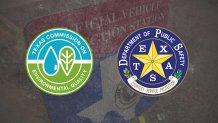
"This is state-sponsored. State-sponsored. They allow it. The state of Texas is allowing this," Escribano said.
His team provided NBC 5 Investigates with the crash report list where they believe a car involved had falsely passed an inspection. We then obtained copies of the accident reports and using VINs in those reports we were able to get state inspection records for those vehicles via a state website that provides access to inspection histories.
NBC 5 Investigates found nine of the fatal crashes involved vehicles inspected by Central Inspection Station, a business once operated out of a garage stall in a building on East Ledbetter in Dallas.
We reported last week that this shop, on paper, ran more state inspections than any other inspection station in the state in 2021 -- more than 89,000 in a single year.
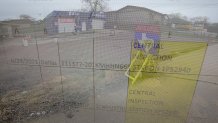
In 2019, state records show investigators with the Texas Department of Public Safety found an inspector at Central Inspection Station clean scanned hundreds of cars. The Texas DPS suspended the inspector's license, but by 2021 records obtained from the DPS showed that the inspector was back at Central Inspection Station inspecting cars.
Escribano's team said the state's data suggested Central Inspection Station continued clean scanning vehicles, but records obtained by NBC5 Investigates via an open records request show the DPS took no enforcement action against the business.
Central Inspection Station remained open until February 2022. It's not immediately clear why the inspection station closed.
NBC 5 Investigates contacted the man listed as the owner of Central Inspection Station who said someone stole his information and used his name on the business records without his permission.
By the time Central Inspection Station closed, it had issued inspection reports for more than 265,000 vehicles - including nine cars that records show were later involved in fatal crashes.
"Was the car the cause of it? I don't know," Escribano said. "But I can tell you one thing. That car never should have been there at all, in the first place."
Crash reports for the 85 incidents Escribano's team identified showed a variety of contributing factors including speeding and driving under the influence of drugs and alcohol. Only one of the crash reports clearly mentions equipment problems, a worn-out tire, as a cause of the crash.
Escribano, who is also a trained crash investigator, said most police agencies rarely look for vehicle defects when there are more obvious factors involved in a crash.
Morales now wonders if the truck that crashed into her children had problems or if it would have even been on the road if not for a false inspection, as the Travis County investigator suspects.
"Thanks to that, that guy was able to get some car plates for his truck, not knowing if the car was good to be on the street or not," Morales said.
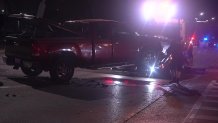
Dallas Police told NBC 5 Investigates the fatal crash involving the truck was caused by speeding and the driver driving on the wrong side of the road. Police said they were not aware the truck had a fraudulent inspection.
DPS records showed the small shop that issued the inspection report on the truck eventually had its license suspended in September after the DPS discovered data in the system showing that the station conducted 2,100 clean scans in less than three months last year.
Escribano said he's going public with the 85 fatal crashes, hoping the state agencies in charge of the inspection system will look deeper into whether fake inspections contribute to deaths.
"Somebody is going to answer why I lost my family to a car that never even should have been there in the first place. I would ask that question," Escribano said.
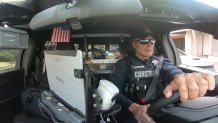
The investigator said he hopes the state will respond by tightening its system to prevent fraud and protect families.
The Texas DPS, which enforces the inspection rules, and the Texas Commission on Environmental Quality, which runs the computer system, have both turned down multiple requests for interviews.
In statements to NBC 5 Investigates, the two state agencies essentially pointed at each other suggesting it was the other agency's responsibility to address either the lack of automatic flags in the system or to address enforcement of the rules.
The TCEQ said it will continue working with the DPS on the issue, and DPS said in a statement that they have conducted recent operations to shut down inspection stations suspected of fraud.
But, as NBC 5 Investigates demonstrated last week, it was not hard for us to find an inspection station still cranking out inspection reports even though there were no cars coming or going from the location. A major red flag, investigators said, that clean scans are occurring at that location.

